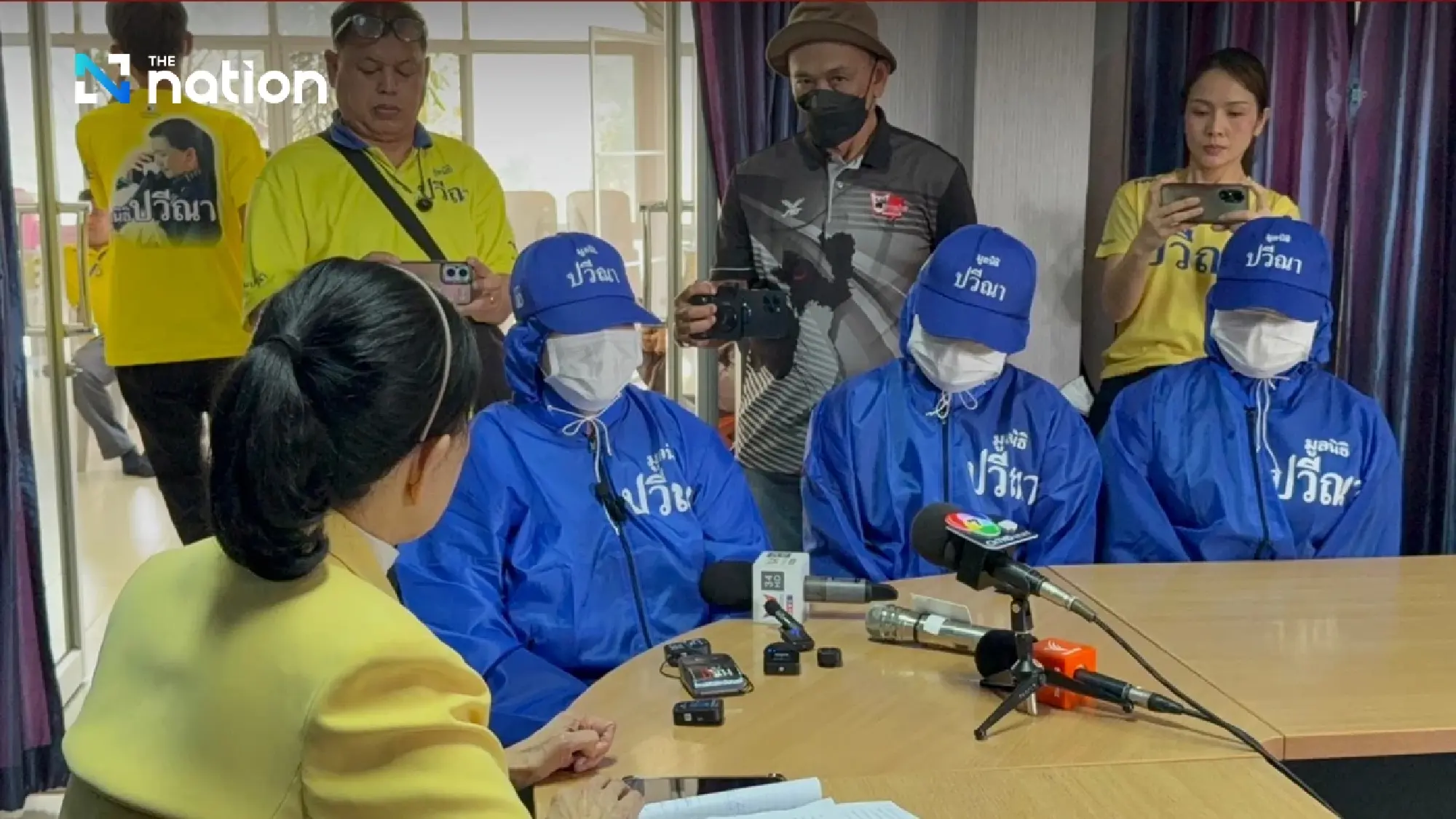
NGOCSTIP – Thailand and Georgia are currently investigating a human egg trafficking ring, with reports indicating that Thai women have been trafficked to Georgia for illegal surrogacy practices. The investigation follows claims from a Thai NGO that traffickers deceived these women into undergoing egg harvesting under false pretenses. Traffickers brought the women to Georgia for surrogacy but subjected them to forced egg extraction procedures. Thai authorities are collaborating with their Georgian counterparts to unravel the operation and ensure justice for the victims. This case highlights the ongoing issue of illegal surrogacy and human trafficking, prompting both nations to take immediate action.
The Thai authorities are investigating a human egg trafficking ring after several victims spoke out about their experiences. Georgia’s Interior Ministry reported that authorities recently brought three Thai women back to Thailand after their involvement in surrogacy arrangements in Georgia. These women, who worked as surrogate mothers, revealed that traffickers deceived them and subjected them to illegal procedures in the country. The trafficking ring allegedly exploited them for their eggs, taking advantage of their vulnerability.
The traffickers brought the women to Georgia after they responded to advertisements offering surrogate mother opportunities. They promised payment for their services but instead forced them into a much darker situation. The traffickers transported the women to Georgia via Dubai and Armenia, where two Chinese nationals escorted them to a house. The traffickers locked the women in a facility where they found other Thai women.
“Read about: Rising Gender Violence in Jombang: Majority of Victims Are Students”
One of the victims spoke at a press conference in Thailand, wearing a face mask and hat to protect her identity. She shared her story of how she had responded to an advertisement on social media for a surrogate mother position. The ad promised that the women would live with families and receive 25,000 baht per month. After agreeing to the offer, she was taken to Georgia. However, the situation quickly turned alarming when she discovered the surrogacy process was not as advertised.
The woman revealed that traffickers placed her and others in a house with 60 to 70 other Thai women. They told the women there were no contracts or parents involved. Instead, traffickers injected them with medication and administered anesthesia before extracting their eggs using a machine. Upon learning the true nature of their situation, the women grew fearful and attempted to contact their families for help.
Surapan Thaiprasert, the commander of the Foreign Affairs Division of the Royal Thai Police, confirmed that Thai authorities are investigating the case. The Royal Thai Police are working with their counterparts in Georgia to gather more information and track down those responsible for trafficking the women. Thai officials are determined to bring justice to the victims and stop traffickers from exploiting others.
The Pavena Hongsakul Foundation for Children and Women, which assisted in repatriating the three women, claims that traffickers may still hold at least 100 other women in Georgia. The foundation, which advocates for women’s rights, is actively working to support the victims and raise awareness about this illegal operation. Their efforts aim to rescue more women and ensure the safety of those who are vulnerable to such exploitation.
The investigation into the trafficking ring highlights the importance of international cooperation in addressing human trafficking and illegal surrogacy. Thailand and Georgia have teamed up to tackle this issue, with both governments taking steps to combat the illegal activities surrounding surrogacy and human trafficking. This cooperation ensures traffickers face accountability for their actions and protects future victims.
In addition to repatriating the women, Thai authorities are collaborating closely with the Pavena Hongsakul Foundation to support the exploited women. The foundation helps victims regain their freedom and provides them with legal, medical, and psychological assistance.
“Read more: Early Signs of Asthma in Kids: What Every Parent Should Know”
Georgia lacks specific surrogacy laws, drawing criticism for enabling illegal activities like human egg trafficking. Surrogacy arrangements are not illegal in Georgia; however, many companies continue to advertise their services without proper regulation. As a result, this lack of oversight has allowed certain organizations to exploit vulnerable individuals, operating in an unregulated environment. Consequently, authorities face difficulties in controlling these unethical practices and ensuring that both the rights and safety of those involved are protected. The Georgian government recognizes the issue and plans to make surrogacy illegal to prevent exploitation. Authorities in Thailand and Georgia are working to close surrogacy law loopholes and prevent trafficking. They aim to hold traffickers accountable and protect women’s rights in the future.